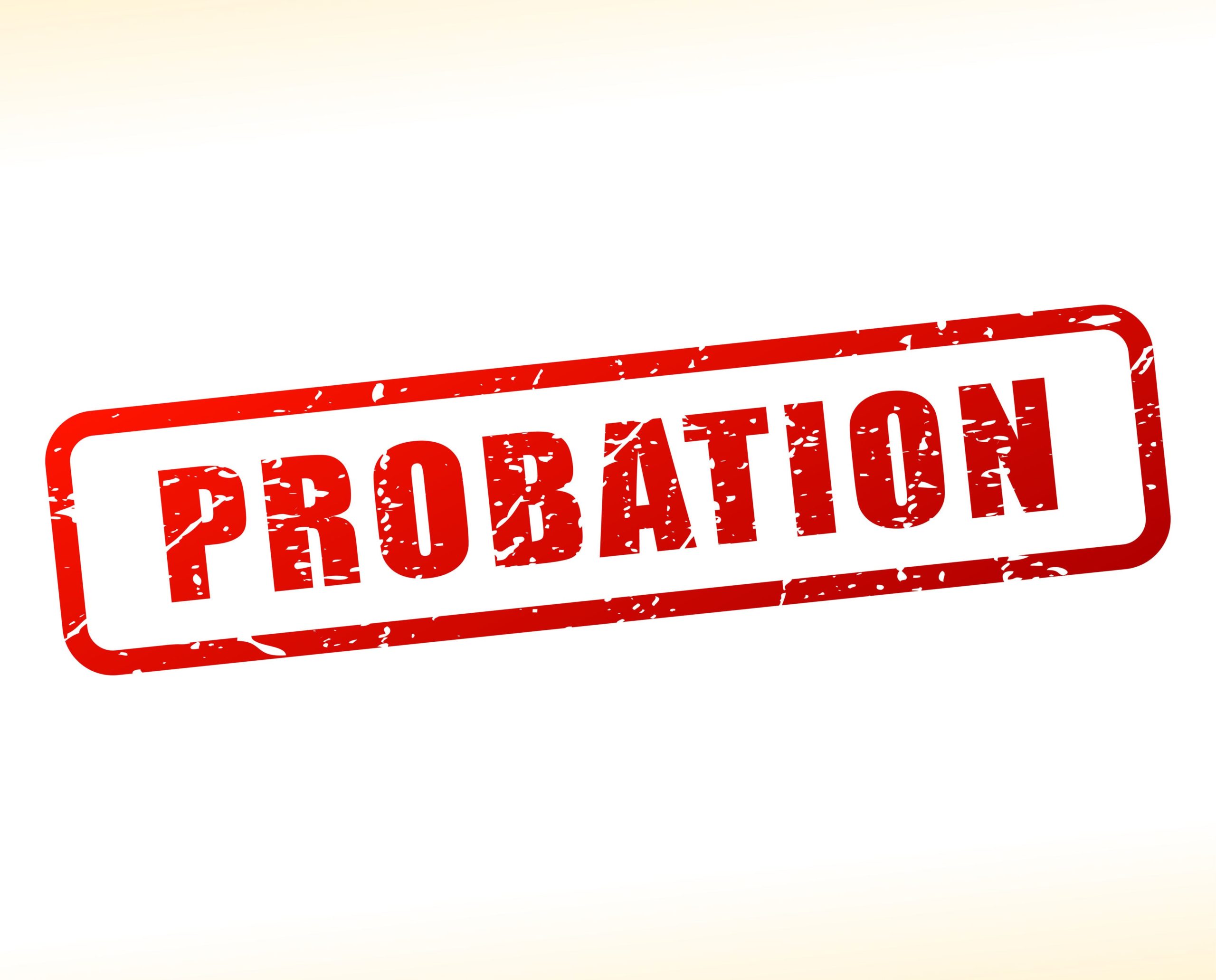- Home
- THE FIRM+
- Criminal Defense+
- CASE RESULTS
- AREAS WE SERVE+
- FAQ’s
- Blog
- Contact
AZHARI LLC BLOG

Posted By: Sami Azhari
Category:
Probation is the most frequently used sentencing option in the country. Of all the people who are convicted, almost two-thirds are sentenced to probation. Here in our state, there are two and a half times more people on probation than there are in prison.
While you might not have to go to prison when you’re on probation, you still have to follow a number of rules and conditions if you want to complete your probation successfully. Standard probation has three different levels of supervision:
- Minimum supervision individuals report to their probation officer once every three months.
- Medium supervision individuals report to their probation officer once a month.
- Maximum supervision individuals report to their probation officer twice a month.
Along with reporting to a probation officer, depending on the crime you’re convicted of, you might also have to follow these conditions:
- Do not possess a dangerous weapon or firearm.
- Complete community service hours.
- Do not sell or use drugs.
- Do not move or leave the state without permission.
- Submit to periodic drug tests.
- Submit to a curfew or home confinement.
- Attend mental health counseling.
- Work or go to an educational program.
What happens if you violate the many terms of your probation?
Your case could have to go back to court for a violation hearing to determine if you did indeed violate your probation and what the consequences will be.
Common Probation Violation Defenses
So if you’re currently on probation, it is import to fully understand what the terms of your probation are to ensure that you’re following the rules. However, if you do make a mistake, here are three of the most common probation violations with a common defense for each one.
Failure to report to your probation officer. If you are unable to report to your probation officer for a valid reason, you shouldn’t be charged with a probation violation. If your non-appearance was involuntary and you can show the court documentation, it will help in your defense.
Being in the hospital or jail are good examples of times when it’s impossible to report to your probation officer. Not having transportation, forgetting, or showing up late, however, won’t work.
Failure to pay fees, fines, and restitution. One of the terms of your probation could include having to pay court fees, fines or restitution. If you fail to make these payments – even on a payment plan – you might be charged with violating your probation.
If you have made a good faith effort to pay but still cannot afford the amount, it will be important to document all of your expenses to show the court what you are able to pay.
Failure to pass a drug test. If you’re on probation for a drug offense, you will most likely have to submit to periodic drug testing. If your drug test comes back positive, there are a number of defenses you could potentially use, such as:
- The test result was a false positive.
- You had a valid prescription for the drug you tested positive for.
- The drugs had already been in your system before you were put on probation.
Violating your probation can put you in a sticky situation, but with the help of an experienced Illinois criminal defense attorney, you can defend those violation charges so you can get back to completing your probation successfully and in a timely manner.
About the Author
Sami Azhari has been working as a lawyer since 2007, after receiving his Juris Doctor from the Michigan State University College of Law. He has handled numerous state and federal cases, and is known throughout the Chicago and Rolling Meadows area for providing his clients with high-quality, skilled representation. He has been recognized by SuperLawyers, the National Trial Lawyers Association, and other notable organizations, and has spoken at a number of legal conferences.


























































